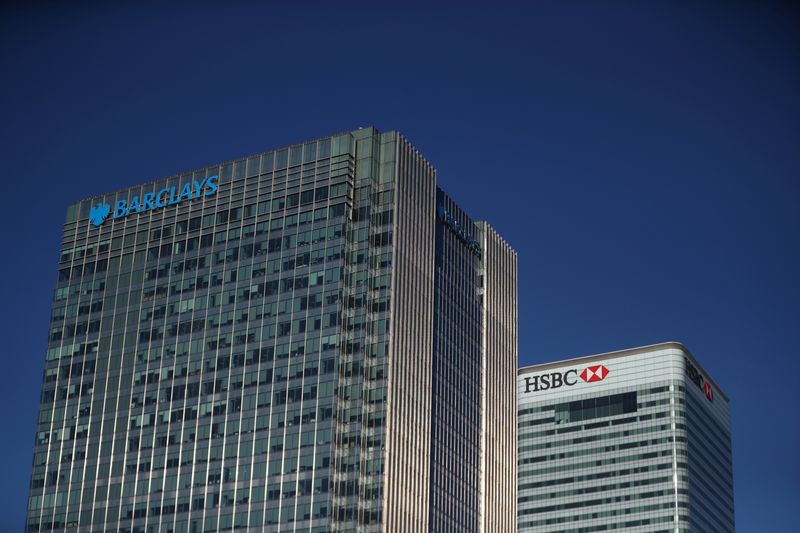LONDON (Reuters) - Britain's finance minister Jeremy Hunt will meet the bosses of top British banks next Tuesday to seek reassurance they can keep lending to the economy, four sources familiar with the matter said on Thursday.
HSBC (LON:HSBA), Barclays (LON:BARC), Lloyds Banking Group (LON:LLOY), NatWest (LON:NWG) Group and Santander (BME:SAN) UK are expected to take part in the meeting, Sky News reported earlier.
"They meet regularly and discuss lots of issues - as you'd expect," one of the sources told Reuters.
"They're fairly relaxed and unstructured meetings."
NatWest, Santander and Barclays declined to comment, while HSBC and Lloyds did not immediately respond to Reuters' request for comment.
In a bid to bolster London's competitiveness as a global financial centre post-Brexit, the Treasury has set out a series of reforms and is regularly meeting with members of the financial industry to gauge effectiveness of those plans, one source with direct knowledge told Reuters.
Sky News said the meeting will also include the London Stock Exchange as it battles against New York to attract company listings. LSEG did not immediately respond to a Reuters request for comment.
Further reforms to boost investment are expected from Hunt when he presents his budget in March, and the government typically sounds out market participants ahead of such events.
Sky said Tuesday's meeting would discuss concerns over the valuations of some banks, which have seen their share prices retreat in recent months.
Barclays shares, for example, have lost around 22% in value in the last 12 months, compared with a 8.5% drop in the FTSE 350 banking index and a 4% decline in the FTSE 100.
Two industry sources played down the idea that the drop in UK bank share prices had motivated the Chancellor to convene the meeting, or that this had had a direct bearing on banks' appetite to lend into Britain's economy.
One of those sources rejected any suggestion banks were failing to meet demand to borrow due to weakened share prices.

But lower share prices do have implications for shareholder returns, analysts have pointed out, meaning bank bosses could be tempted to channel greater proportions of capital into investor payouts or stock buybacks rather than loans or mortgages.
The Bank of England has repeatedly said that Britain's banks were capitalised well enough to keep lending to households and businesses.